If you are like me, you know many details of your mother’s—or father’s—life. But there may be many vague relationships between this event and that event, between causes and effects. In other words, your parent’s life may end up seeming a mishmash of dates and facts and impressions and none of them blending very well together.
Being a person who has always been interested in family history, I considered myself aware of my mother’s and my father’s lives. Having worked with people to write memoirs, I wanted to be sure that I was not caught, as so many people have been, with not getting my parents’ story while the story was still available—which it wasn’t in my father’s case as he was deceased.
I begin to write
In 2009, I began to focus on interviewing my mother. Every few weeks (she lived in a different city), I would visit with her and get in a half hour interview. Since my mother was not primarily interested in preserving her life story (it was my interest), she was not committed to a beginning-to-end interview process. What I ended up doing was simply asking her questions—often in a conversation. Once back home, I would write down her answers to my questions.
My mother did not always sense that I was interviewing her for her memoir. Every once in a while however, I specifically had to inquire, “When was the date that you did this or you did that?” or “Which came first: this event or that?” In those moments, she became aware that I was continuing to write her memoir.
Tweet: My mom asked, “Why are you writing my memoir? Who will want to read it?”http://bit.ly/1dyT1Ju
She also might say, “How in the world are you going to find enough information to fill the pages of a book, even a small book?”
Since I was also working full-time at my company Memoir Network, writing my mother’s book fit in around the edges of books that I was editing, coaching, ghostwriting. and teaching. In short, it fit around my income production. This process is not unlike how most people will write either their own memoir or the memoir of a loved one.
The memoir continues to grow
Over the next four years, I interviewed my mother and wrote text. When my mother gave up her apartment and moved into an assisted-living facility, I knew the leisurely pace at which I had been writing had to change. I applied myself to completing the memoir and set a time for finishing. I had wanted to get to a later point in her life as the ending.
However my mother’s ability to contribute to the story was diminishing. She had less of a grasp on specific details, on dates, on who was there and who did what when. I opted for a different end point than I had anticipated, one that was closer to the time of the text that I had already written. This proved to be a good closing point even if it was disappointing to three of my siblings whose birth did not make it into the memoir. (I mentioned them in an afterword.)
What did I get from writing my mother’s story?
I got acceptance of her life, a sense of who she was, and that who she was was just fine.
Writing my mother’s memoir gave me the opportunity to get to know her in an intimate way that I had not had the opportunity to before. Her past had been vague; the setting of her life not at all clear; the sequencing of events haphazard at best.
There were a few occasions in my mother’s life when her response was a hero’s response, when she rose to the needs of an occasion that was difficult to live. She conducted herself well in those circumstances. That is a hero’s response. But the bulk of my mother’s life was yoeman’s work, pick and shovel work. It consisted of making a home, going to work, raising children and so forth. It was day-after-day work. Now this may be hero’s work of a certain kind but it turned out that it was a rather humdrum and ordinary sort of work. In a way, my mother’s life helped me to understand and to accept my own yeoman’s work.
In time, I produced a book I called We Were Not Spoiled: A Franco-American Memoir.
Finally, the hard copy was finished and I showed it to my mother.
As I wrote her life, one task that was important to me was to fit her life into a cultural, social, and historical context.
Large parts of the 208-page book have to do with her time, with cultural or historical events. For instance, there was a flood in her city in 1936. Briefly I wrote about that flood. There were developments in the political life of her city that affected her. I also dealt with these on occasion. There were historical contexts that made for why she lived where she lived.
Many details having to do with our ethnicity, details that distinguished her adaptation to American life from that of members of other groups, found their way into the book. My mother’s bigger picture was one that was familiar to me and it was not difficult to place her life in that larger context.
Because of this bigger picture, the book proved to be of interest to more people than my mother anticipated. We Were Not Spoiled: A Franco-American Memoir has been sold on Amazon and has attracted comments either in the review section or in emails that people have sent me saying, “You wrote my mother’s life! How did you know her so well?” This, of course, is a fun note to receive.
Go ahead and commit to writing. The benefits are well worth the effort that you will have to expend.
Good luck.
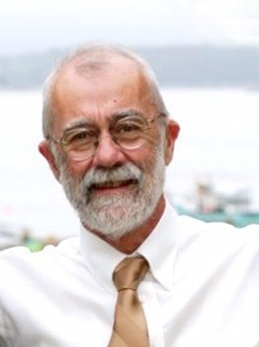
Denis Ledoux is also the author of Write to the End: Eight Strategies to Thrive as a Writer (Memoir Network Writing Series Book 4)and Don’t Let Writer’s Block Stop You: How to Push Beyond Stuck (A Memoir Network Writing Series Book 3)
Receive free downloads at My Memoir Education.
===========
Please note that some links on this blog may be affiliate links.
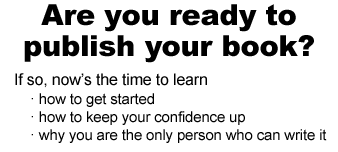
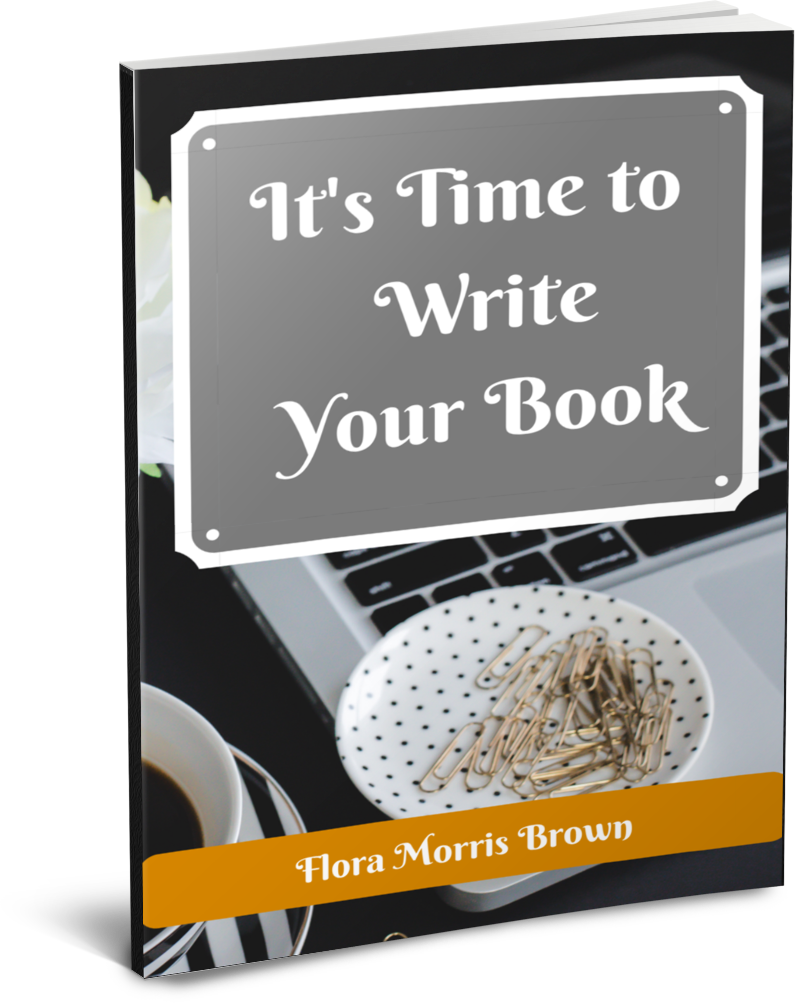


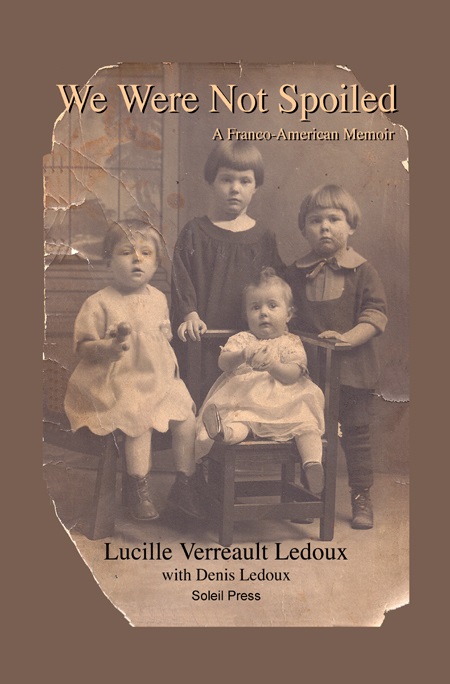
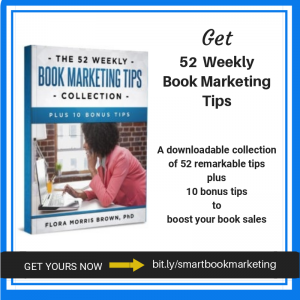






I believe in some ways all of our mothers were heroes. My mother passed many years ago and her story will go untold. There is a part of me that grieves that and wishes I had the opportunity to learn and understand her more. Our mothers will always be our mothers and I am sure yours was very special.
Thank you for sharing your process with us. I have a friend in hospice who is not visited by her daughter (and consequently her grandchildren). When she was losing her ability to speak I was shocked that no one wanted to hear what she had to say. She is a wise and wonderful spirit. From what I see in the facility she lives at, there are many, many mothers whose families don’t realize the value of their words. Hopefully, you will inspire someone (or several someones) to go and listen to their wisdom and stories.
Linda,
You reminded me of my feelings when my mom was intubated and couldn’t speak anymore. I thought about the times in the past I wished she would stop fussing, and now her fussing would have been music to my ears.
Dear Linda,
In the time between when I sent Flora my guest post about writing my mother’s memoir and now, my dear mother has passed away at 93, almost 94. Her end was rather quick and for that we need to be grateful, but it did catch us unaware even if we knew that the end, given that she was 93 and in assisted living, could not be distant.
The staff shared with my family how my mother was the most visited person on the floor. They remarked how she had a flow of guest, how there were always flowers in bloom in her room, how we were always checking in with the staff about her care. For us, all of this was what we expected of ourselves—I supposed what our mother raised us to be.
One staffer told my brother, “Your family does so much for your mother.” He replied, “Well, I think we’re still thousands of soggy diapers and hundreds of sick crying nights in arrears. It’s not something we’ll ever catch up on.”
Your story of elders being abandoned is all too frequent.
I am so pleased to have written my mother’s story. It is very comforting to me
Denis,
You have honored your mother in many ways. She was truly blessed to have you complete her memoir, and be surrounded by loved ones as she made her transition.
I’m happy that writing her story brings you comfort. It also encourages the rest of us who are considering writing our own memoirs.
Thank you again for sharing it with us.
Denis,
Thanks for sharing the process of writing your mother’s memoir. I hope it will encourage those who still can hear their mother’s voice to ask questions and listen more.
Dear Gladys,
I second your encouragement.
While I wrote my mother’s memoir in the first person because she spoke it to me and I read every word to her for her approval, it is possible to write the story in the third person if a parent is not present to participate.
Have you written the memoir of one of your parents?
Hi Gladys,
I’m hoping that this Denis’ message is heeded by others who have considered writing memoirs. I’m happy you chimed in to underscore this important task.
Denis: I am sorry for your loss and am sending prayers for you, your mother, and everyone involved. I am also so pleased to hear how your family came together for her. She was clearly a remarkable and well-loved woman.
When I finished clearing out my mother’s house after her death, I *had* to write her story. I discovered too many objects that held funny memories for me to keep them secret. I thought others whose parents encountered obstacles would be inspired by a strong woman who faced the tough times and partied on.
Thanks to sharing your experience with what moved you to write your mom’s story. I discovered
we uncover many memories when go through a loved ones belongings after they passed. I had this experience when my son died this year. Your mom’s life was amazing.
Greetings, I am writing the story of my mother’s life. She was a tap dancer in New York in the 1930’s. She worked with Ed Wynn, Al Jolson and many others. I believe it will be self published and/or Kindle published. I wonder if I should write it in third person. What do you think?
Hi Patricia, there is no one right answer. If your book is based on interviewing your mother, like Denis Ledoux did, then writing is first person in appropriate. If, however, you’re writing it based on your memories and research, third person seems to be the preferred approach. If you belong to writers groups online and off, you can ask this question to see what they recommend. Best wishes for your book’s success. The topic certainly has widespread interest.
Dear Ms. Flora,
Thank you so much for your prompt answer. I had started in the second person tense, a familiar tone, but then realized that third person was probably the best one to narrate a story. Mother was somewhat well known in the 1930’s and I have found MANY newspaper clippings from that era as well as some beautiful photographs. I think this will make a good book as soon as I am able to gather all the research materials. Thank you again for the advice.
Sincerely, Patricia
Patricia,
How wonderful that you have access to first-hand information on your mother. I urge you to be steadfast in writing your book. Many people have great stories to share but never get them done. Remember that writing your first draft is critical. Get your thoughts down without editing as you go. Once you’ve finished the rough draft you can begin the editing and then bring in a professional editor to polish it. Have you decided to seek an agent or do you plan to publish it yourself. Keep up the good work.
Flora, yes I am finding so much on mother. The newspapers.com website has given me so much in the way of pictures and articles. I am searching for her dance teacher and her connections with theater. I am following Mother’s life through about 1942 when she joined the Army, and after that her life with me. As for publishing, I was thinking maybe self- or on Kindle. Not sure. I have heard that most publishers will not take new authors.
Patricia, many people choose self-publishing because it’s the fastest way to get published. While it’s true that major publishers take very few new authors, it doesn’t mean it’s impossible. I recommend that you subscribe to a few other newsletters/blogs to learn what your options are in the industry. Google these folks==>Amy Collins, Judith Briles, Jane Friedman, Hugh Howey, Joel Friedlander and join groups like IndiesUnlimited.com, https://www.allianceindependentauthors.org/, http://thecreativepenn.com, http://creativindie.com
These will help you get up to speed on the industry as you continue to gather research. Learning about the publishing industry is part of your research too.
Thank you so much for sharing your experience. My mother, a great woman recently died at 64. I wish i started her Memoir when she was alive, but i didn’t know she was going to die. i want to write her memoir now, before the memories fade from people’s mind. The experience you shared will be so helpful.
Hi Chioma, I’m delighted that the post is helpful. Best wishes in getting your memoir written.
Is there some way I can find some information on how to fill out chapters, and how much research on related areas I should do. For instance, if I am writing about my mother’s tap dancing career, shall I write an entire chapter on tap, which is related to her indirectly?
There is no place to turn to for the information you seek. Usually this discernment is work done with an editor or coach. I would say that a chapter deals with one action, one event or one grouping of energy. Your mother’s tap dancing career may have enough drama in it to warrant a chapter and then it might really be part of a series of quests she undertook. I would write it out and only then ask about whether it is sufficient for a chapter. This is the part of writing that is the art part. Good luck.
Thank you-some very good points. I am going to need a mentor. Does anyone here know where I can find one, and what they would charge?
Patricia,
I’d be happy to help point you in the right direction. Contact me and tell me if you’re interested in publishing your book or you just want to leave your story behind for your family. In either case, prices vary. Visit my site, florabrown.com, to see the courses I offer.
Dear Denis I want to embark on writing about my mother’s extraordinary life but also to include myself in the latter years. Do I write in the first or third person? Is a memoir a story? is it like a biography? sorry to bother you but I would be grateful for an answer ..thank you
Hi Denis,
Contact Denis on his website at https://thememoirnetwork.com/